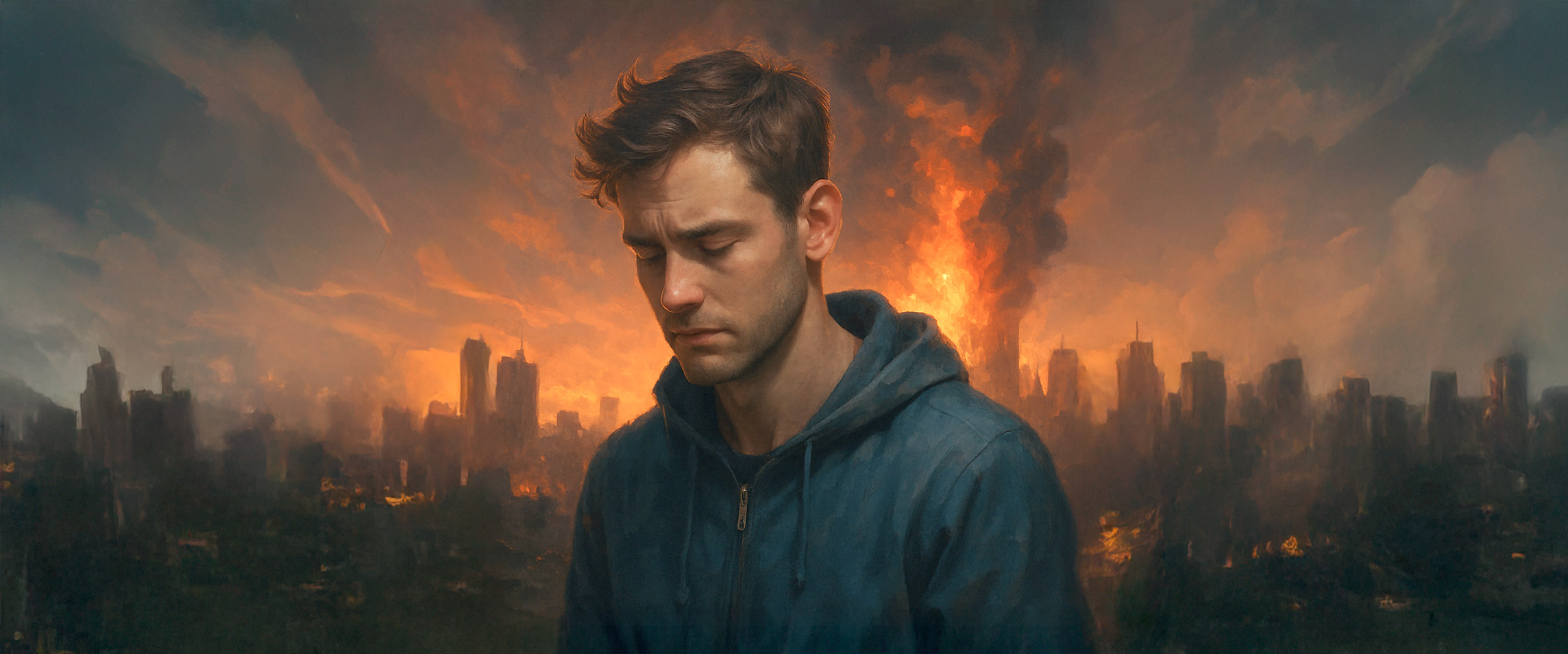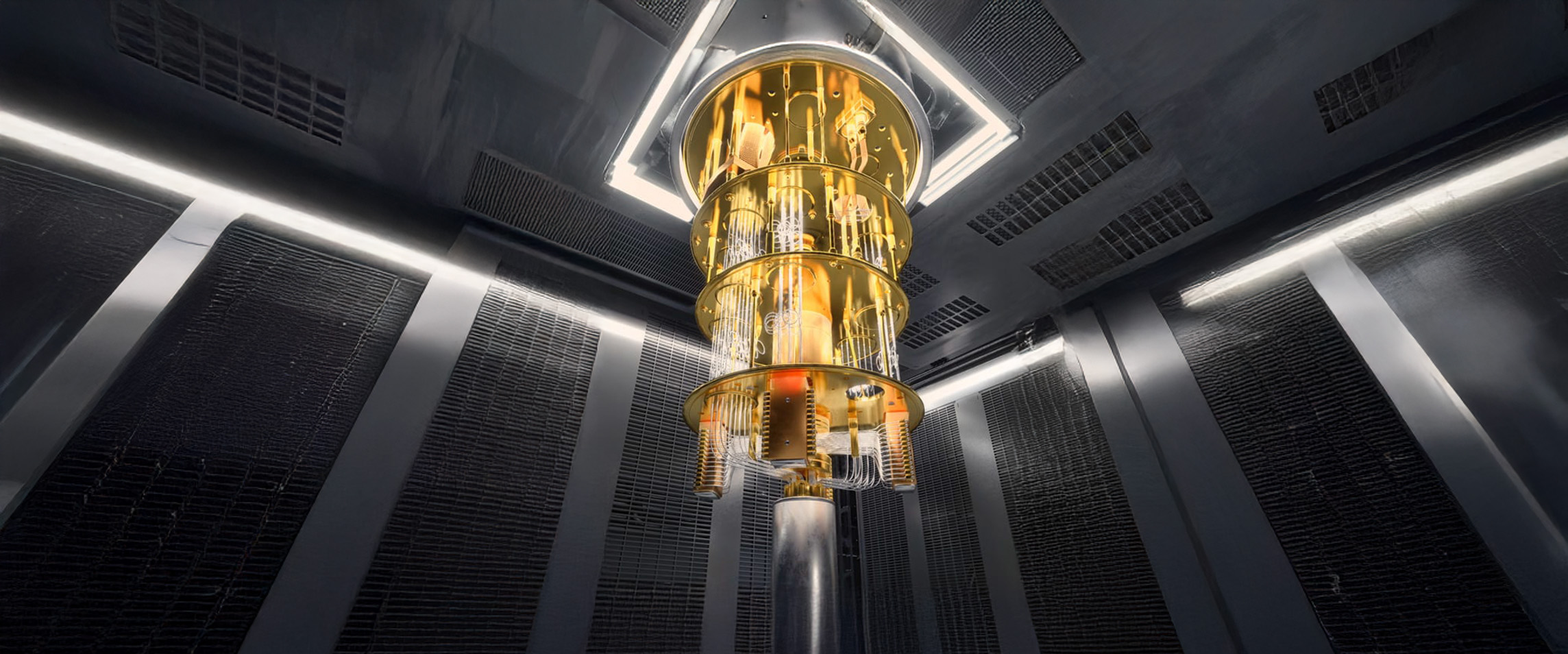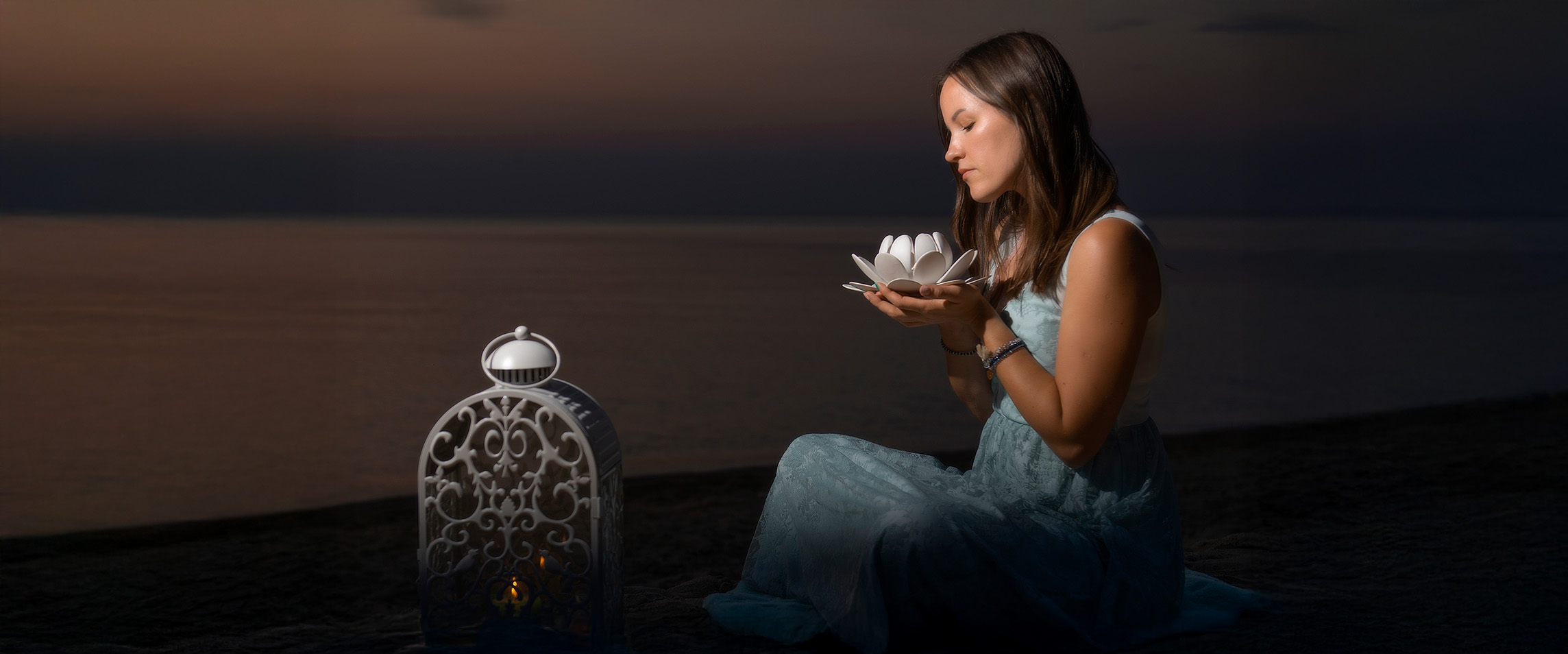Collapse culture doesn’t always scream. Sometimes it whispers—in late-night threads, quiet scrolls, or side conversations no one records. It shows up when the world feels tilted, when a chart, a news update, or just the price of groceries makes us stop and think: are we nearing the end of something?
This isn’t hysteria. It’s a slow, steady awareness that systems we once trusted might not hold forever. It’s not just war or climate change. It’s the sense of unraveling—of being watched by your phone, ignored by your leaders, and invisible in the crowd. This is where collapse culture lives—in the unease, in the ache, in the weight of wondering what happens next.
Fear Is Not the Whole Story
Collapse culture thrives in uncertainty, but fear doesn’t have to be the loudest voice in the room. Jesus said there would be wars and rumors of wars. But He also said, “Do not be alarmed.” Matthew 24 wasn’t a call to panic—it was a call to presence.
Ellen White, too, warned about the world’s unrest, urging us to stay anchored in truth. Collapse culture might say, “It’s over.” But faith says, “Stay awake.” Not with adrenaline, but with awareness. Not with paranoia, but with purpose.

Collapse Culture and the Quiet Grief Beneath It
What we’re witnessing isn’t just anxiety—it’s grief. Grief over the loss of stability. Of predictability. Of the hope that maybe the world could just… work.
Collapse culture, at its core, is how people mourn what’s slipping away. But when grief turns into identity—when we start wearing fear like it’s armor—we stop growing. We stop connecting. And worse, we start believing that collapse is the only story being written.
But what if the most dangerous collapse isn’t external? What if it’s the collapse inside us—when empathy dries up, when truth gets blurry, when kindness feels too costly? Small habits can help us rebuild what collapse culture erodes.
The Spiritual Response to Collapse Culture
Collapse culture pulls us toward despair. But every act of presence pushes back. Jesus didn’t escape the chaos. He entered it. He walked slowly through broken places, broke bread with trembling hands, and saw people—not just problems.
This is what rebuilding looks like: not grand solutions, but daily faithfulness. Choosing stillness when the world is loud. Choosing hope when fear seems smarter. Choosing to stay soft in a hard world.
Collapse culture says, “Brace for the end.” But maybe we were never called to brace—we were called to build.
Collapse Culture and the Call to Steward What’s Left
So here’s the invitation: be a counter-narrative. Grow a garden. Start a conversation. Love someone on purpose. Let your faith be bigger than the headlines. Let your hope be rooted, not reactive. This generation doesn’t just need watchers of the fall. It needs architects of what comes next.
Collapse culture is loud right now—but it’s not the only sound. In the middle of the noise, your stillness matters. Your compassion matters. The world may not end tomorrow—but our hearts can, if we stop choosing presence.
Small Acts That Defy Collapse Culture
So let this be your quiet resistance. In a world trained to expect collapse, choose to cultivate what lasts. Don’t just survive the noise—tend to the still places. Read books that awaken your soul. Call the friend you’ve been meaning to. Support a local farmer. Light a candle and pray without rush.
And go further. Teach a child how to plant something. Support a cause that’s building futures, not feeding fear. Practice Sabbath rest in a noisy world. Write a handwritten letter. Be inconveniently kind. Turn off your news feed for a day and walk your neighborhood with open eyes.
These acts may seem small, but they are radical in an age of despair. Because collapse culture thrives where hope is abandoned. And you, dear reader, were made to build—made to bring light into crumbling places.
The future isn’t just something we watch. It’s something we shape.
Choose to Build Beyond Collapse Culture
So take a breath. Look around. And put your hand to something that lasts.
To explore how digital habits affect our peace, read this reflection: Why Your First Scroll Might Be Ruining Your Day.








